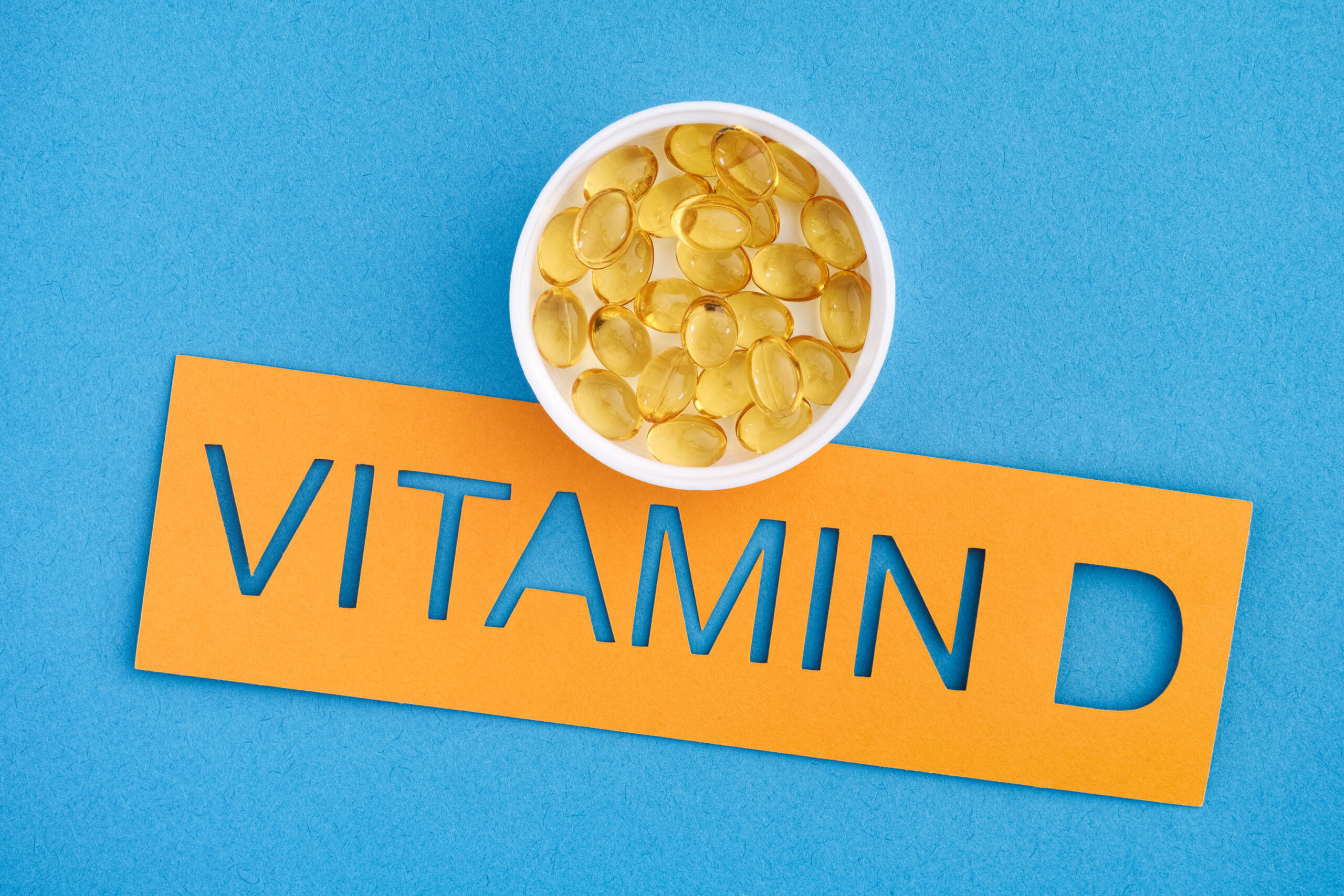Losing muscle mass is a normal part of aging that without interventions can lead to a decline in physical function and the ability to perform daily activities that support aging in place. Eating a nutritious diet with healthy protein sources, practicing strength-training exercises, and taking steps to protect bone health can help prevent loss of function, preserve physical fitness, and prevent injuries from falls. A new study also shows that vitamin D supplementation may play a role in preserving muscle strength among older adults with a deficiency.
According to a recent McKnight’s Clinical Daily News report, a new study published in the journal Calcified Tissue International shows that both vitamin D deficiency and insufficiency in older adults raise the risk for weakened muscles. Vitamin D plays a role in the regulation of calcium and phosphorus absorption which helps to maintain muscle and bone health. It also supports healthy brain and immune system function.
Researchers used data from study participants who were over the age of 50 with no loss of muscle strength. Within four years, those with a vitamin D deficiency had a 70 percent greater risk of developing dynapenia (loss of muscle strength) than those with normal levels of vitamin D. For the purposes of the study, vitamin D deficiency was defined as less than 30 nanomoles per litre of blood – 50nmol/L was considered normal. A level between 30 and 50 nmol/L was deemed insufficient.
When data from adults with osteoporosis was removed from the study, the odds of developing muscle weakness were 78 percent higher among study participants with vitamin D deficiency and 77 percent higher in those with insufficiency.
Vitamin deficiency is a common problem among people over 65, but it is preventable and treatable. Seniors who do not get enough exposure to sunlight, aren’t correctly absorbing or using vitamin D, or who do not eat a diet rich in foods that provide a source of vitamin D may have low levels. Symptoms of a vitamin D deficiency in adults can include fatigue, bone pain, muscle weakness, muscle aches or cramps, and mood changes like depression.
Doctors can screen for a vitamin D deficiency or insufficiency with a blood test and if warranted, treat with a supplement. Good sources of dietary vitamin D include fatty fish like salmon, tuna or sardines, mushrooms, egg yolks, beef liver, and cod liver oil. Vitamin D is also included in many fortified foods like milk, breakfast cereal, orange juice and yogurt. Always talk with your doctor before taking any new medication or supplement, even if it’s over-the-counter, as some can interact with prescription drugs or have serious side effects.






Add Your Voice
0 Comments
Join the Discussion